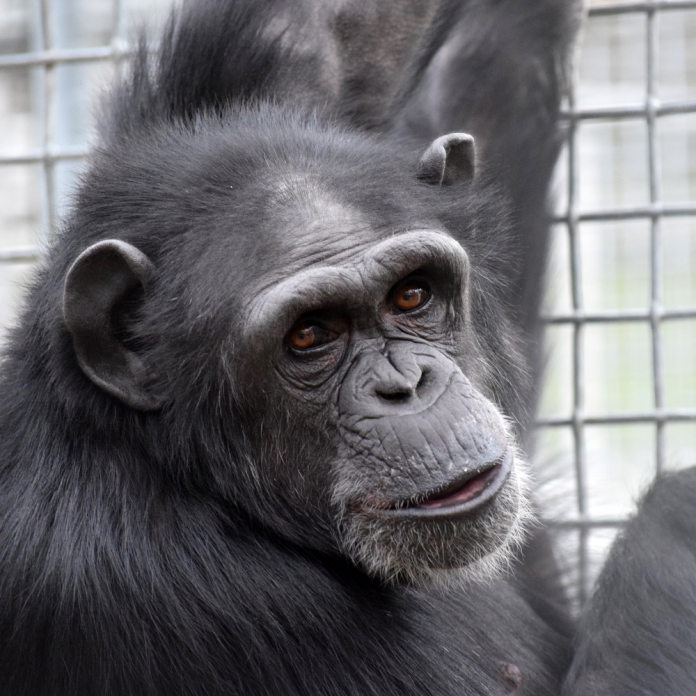
Array
URGENT! Primarily Primates Issues Plea For Generators, Water & Propane Tanks For Chimps & Other Rescued Animals During Historic Texas Freeze
By Lauren Lewis
You can help all animals and our planet by choosing compassion on your plate and in your glass. #GoVeg
RELATED ARTICLES
Banning Cruelty: New Legislation Aims To Ban Octopus Farming In The U.S.
New bipartisan legislation has just been introduced in the U.S. to ban commercial octopus farming and prohibit imports of farmed octopus from foreign countries.
The...
Outrage In Yellowstone! Grizzly Bear Killed By Wildlife Officials & Left With Head & Paws Cut Off
Photo by: Trisha McFarland / Cowboy State Daily
A photo of a dead grizzly bear with its head and paws cut off has caused an...
Inside Florida’s Illegal Horse Meat Trade: Undercover Footage Shows Racehorse Being Shot & Butchered
A heart-wrenching discovery of illegal horse slaughter has emerged, with video footage exposing the tragic killing of a racehorse named 'Funny Biz,' who was...
Popular stories
Featured
WAN Exclusive With Patty Shenker About L.A. City Banning The Use Of Barbaric Shocking Devices & Other Cruel Instruments On Animals In Rodeos
This week, the Los Angeles City Council voted unanimously to ban the cruel use of electric prods, shocking devices, flanking straps, spurs, and other barbaric...
International News
Breaking! Born Free Foundation’s Ongoing Battle To Prevent Lion Extinction By 2031 After 97% Population Decline
It’s no secret that lion populations are declining. In fact, in just the last century, the population across Africa has declined by nearly 97%, with many reports...
News
Breaking! U.S. Senate Passes Ban On The Shark Fin Trade; Next Step Is To Pass The House Of Representatives
Yesterday, the U.S. Senate passed the Shark Fin Sales Elimination Act (S. 1106), a bill that would ban the buying and selling of shark fins...


